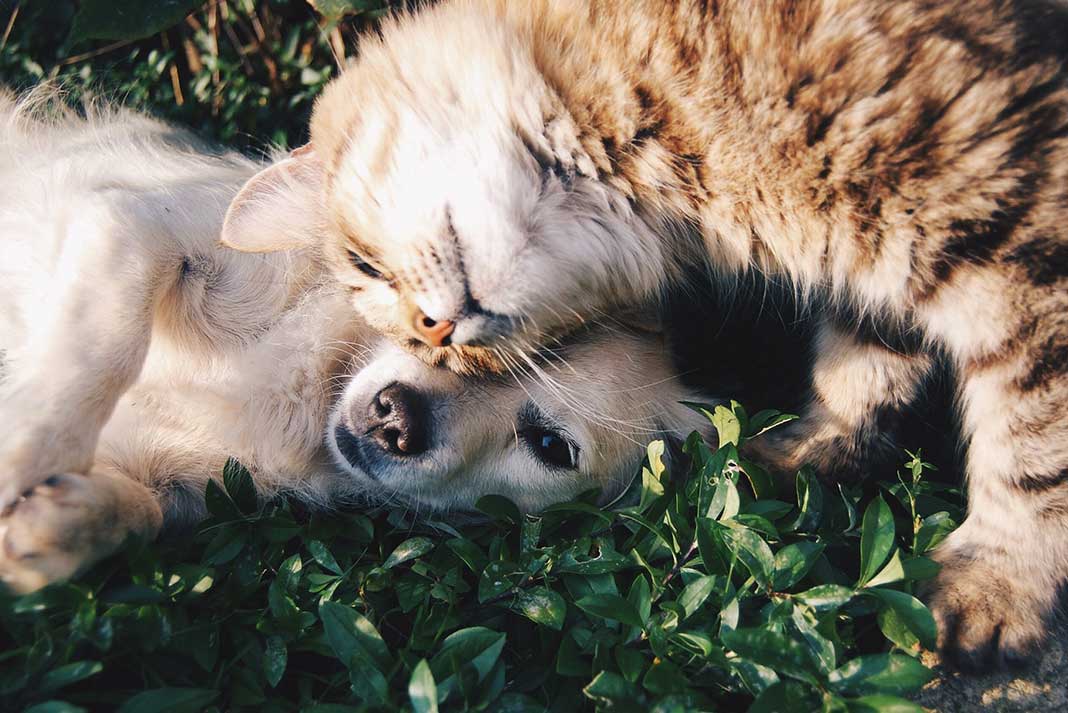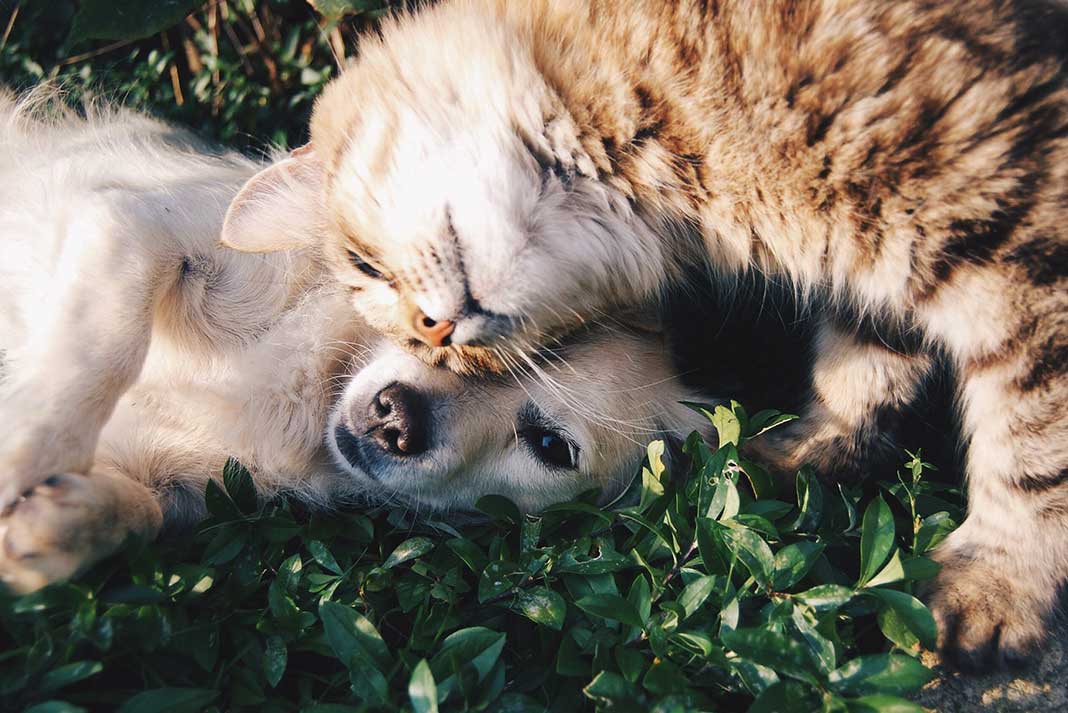
Readmore: http://www.edgemagazine.net/2019/03/how-to-be-unconditional-in-relationships/
Unconditional is a word used often and randomly. Being unconditional in relationships is what spiritual sciences teach us. This view is endorsed by the wise ones universally.
A young counseling psychology student is told to have “unconditional positive regard” for the client. Her mind understands it, but does her heart understand, as well?
Friends, I have been on this arduous journey of trying to understand, as well as practice, the Divine art of being unconditional! I have been unconditional lots of time, but sadly failed many times, too.
Of late, I have pondered about being unconditional, especially when faced with a high-trigger situation. Oftentimes, I fall short of being truly nonjudgmental and unconditional in my closest relationships. Being unconditional with my 6-year-old grandson is easy. Sometimes, my patience and lack of inner strength have brought me to the brink of saying, “If you do this, then something nice will happen,” or “If you do not do this, what you want may not happen.” I realize what I am saying just in time, and yank myself back from the threshold of crossing over from my unconditional state of being to the conditional one!
I know from deep within my soul that it is not fine to lay down conditions as rewards; there are many other, though not easy, ways of explaining to a young child. Having made similar errors while parenting my own children, I now seek Divine guidance for doing a better job with my grandchild. This works fine with someone who you love more than your life. A child has the unique ability to bring out the best in us.
How does it go for the others we are in a close relationship with? Our children, our spouse, our in-laws, not to mention acquaintances, friends, co-workers and clients?
Many individuals easily walk the middle path of being unconditional, while others fall. The not-so-lucky hope a ray of enlightenment will bring everything into the Buddha field of unconditional space!
As a therapist and workshop leader, always being unconditional is seamlessly anchored into my work consciousness. It works like a charm. There is no entanglement in the client-therapist relationship, only unconditional positive regard. There is the occasional client who pushes my emotional buttons. Then I pause and hold the feeling in another compartment of my psyche, to bring up for analysis later.
Being aware of ourselves seems like a good place to start — and this is easier said than done. There is an emotional bind or enmeshment with those to whom we are close. What they say or do has a great capacity to make us feel happy, wanted, loved and cherished. On the flipside, they can also make us feel lost, abandoned, unloved, unworthy and rejected. We seek an unconditional space eternally.
So what do we do in situations when our buttons are pushed, tempers are high or emotions are on the boil? The tried-and-tested way is to see things “as they are,” not how we expect or imagine to see them. When we accept the person and situation as they are, we become more compassionate of our self and the other. We release each other from blame and guilt. We can then accept their views, feelings and emotions without trying to change anything.
We need not agree with all that is. We accept “what is” unconditionally and are only responsible for our self and our response. Oftentimes, I have failed to allow myself to be in this space. I now understand it is okay to fail. I have to just pause and become aware of how the situation turned from unconditional to conditional. It is a great first step! We need 60 seconds of pause, as Rudyard Kipling expresses in his poem “If” — a window of time to disconnect from our errant feelings and to enter the realm of the unconditional.
Meditation is a magical way of anchoring unconditionality into our relationships. Going deeper into our practice, we rest our ego and operate from our heart. This enlightenment makes us unconditional in all our relationships and with the entire universe!
